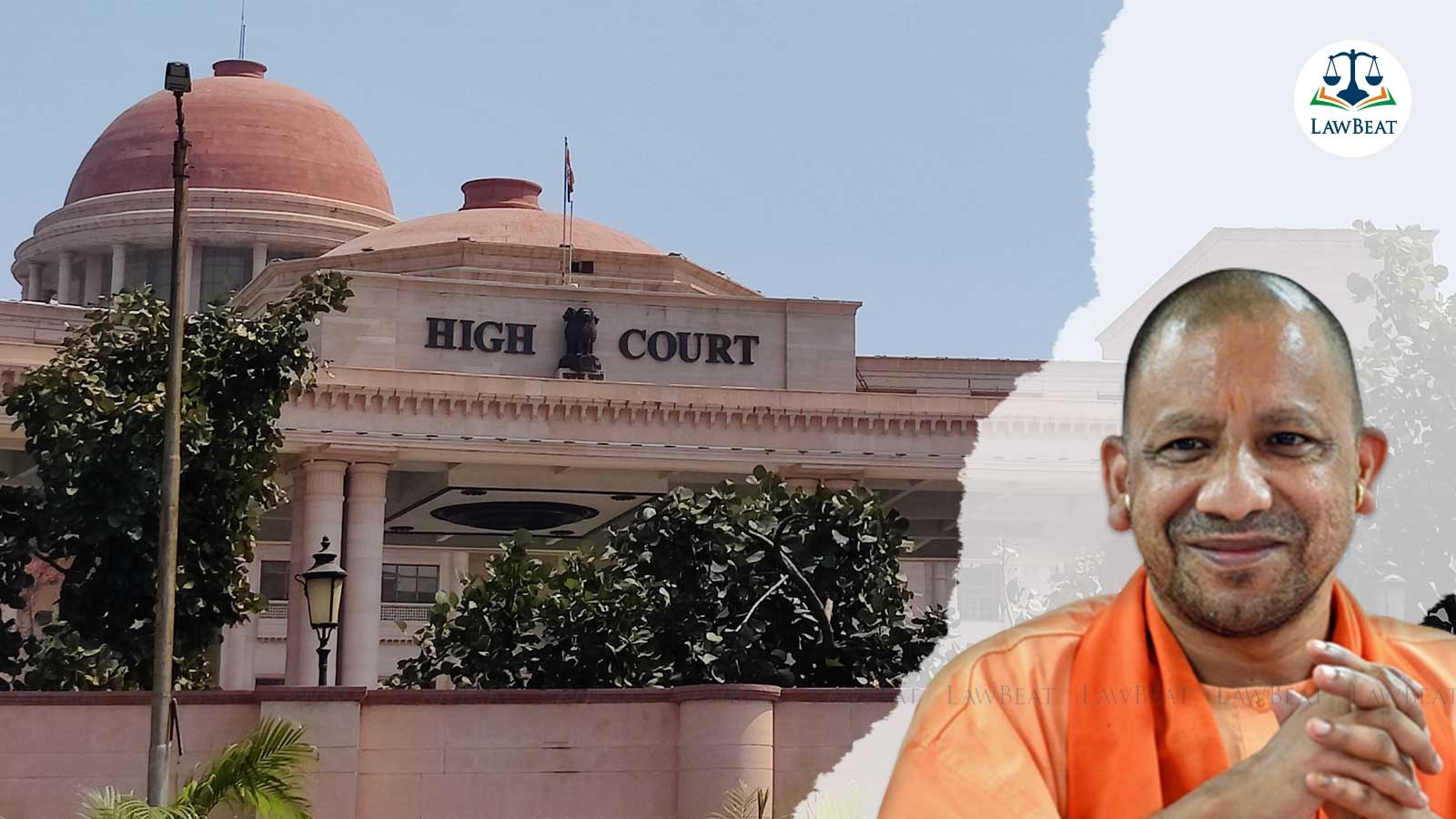Allahabad High Court Quashes UP Official’s Dismissal for WhatsApp Message Criticizing CM

The petitioner’s admission that he inadvertently forwarded the message is a significant factor...A more proportionate response would have been appropriate given the circumstances, court said
The Allahabad High Court, Lucknow Bench recently quashed the dismissal order of an Additional Private Secretary in the Uttar Pradesh Secretariat, stating that the disciplinary action against him for forwarding an allegedly objectionable WhatsApp message was disproportionate and violated principles of natural justice.
The controversy arose in July 2018 when Amar Singh, as an administrator of a WhatsApp group, forwarded a message criticizing the state government’s alleged favoritism in university appointments. He forwarded objectionable remarks concerning the Chief Minister and Deputy Chief Minister. Although Singh attempted to delete the message immediately and issued an apology to the Chief Secretary, a departmental inquiry was initiated against him, culminating in his dismissal in September 2020. Singh claimed that he had mistakenly forwarded the message instead of deleting it.
The bench of Justice Alok Mathur noted several procedural lapses. Court highlighted that Singh was not given the opportunity to participate in the second inquiry conducted by a technical committee, rendering the process a violation of prescribed rules and natural justice. Additionally, it observed that no evidence was presented to prove that the forwarded message had been read or circulated widely among group members.
Court also criticized the government for constituting a technical committee without expressing disagreement with the findings of the original inquiry officer, who had cleared Singh of intentional misconduct. The bench remarked that the department’s reliance on speculative claims, rather than substantive evidence, made the disciplinary action untenable.
Singh’s counsel argued that the dismissal was excessive, especially since the message's circulation was unintentional, and his immediate regret demonstrated the absence of malice. The counsel cited similar cases where lesser penalties were imposed, underscoring the discriminatory nature of the punishment in Singh’s case.
The high court held that Singh’s dismissal failed the test of proportionality, as the proven charge was limited to his admission of inadvertently forwarding the message. The bench stated that disciplinary actions must balance fairness with the gravity of the misconduct. "The punishment should have been more lenient, such as an adverse entry in his service records or a censure," the court opined.
Case Title: Amar Singh Vs. State Of U.P. Thru. Addl. Chief Secy./Prin. Secy. Administration Deptt. Lko. And 2 Others
